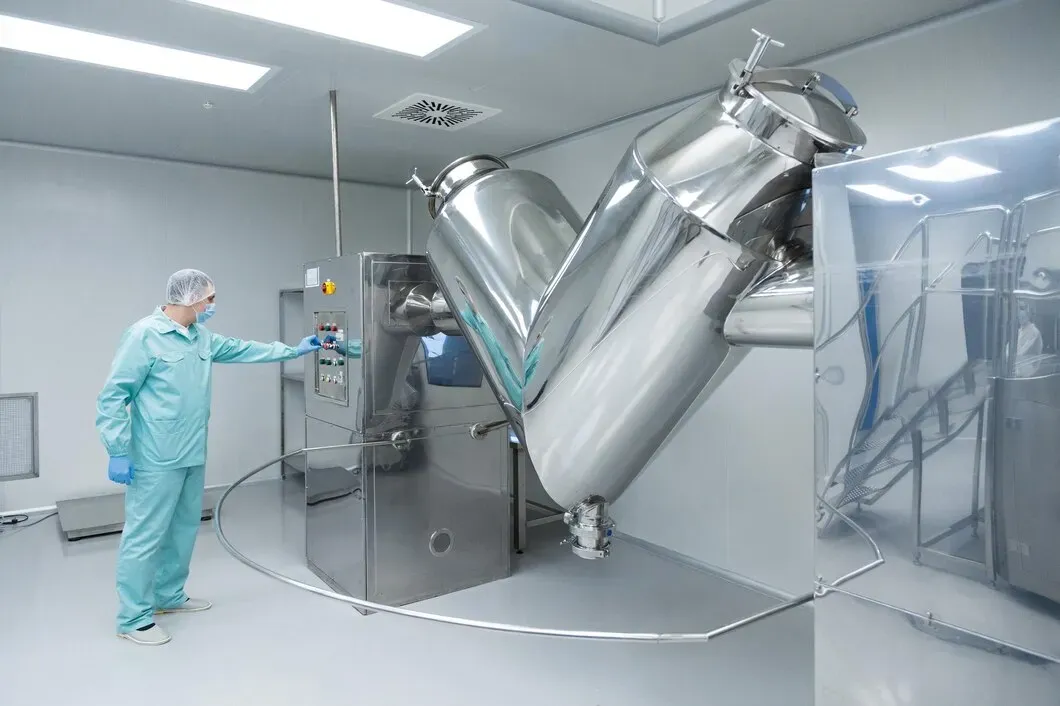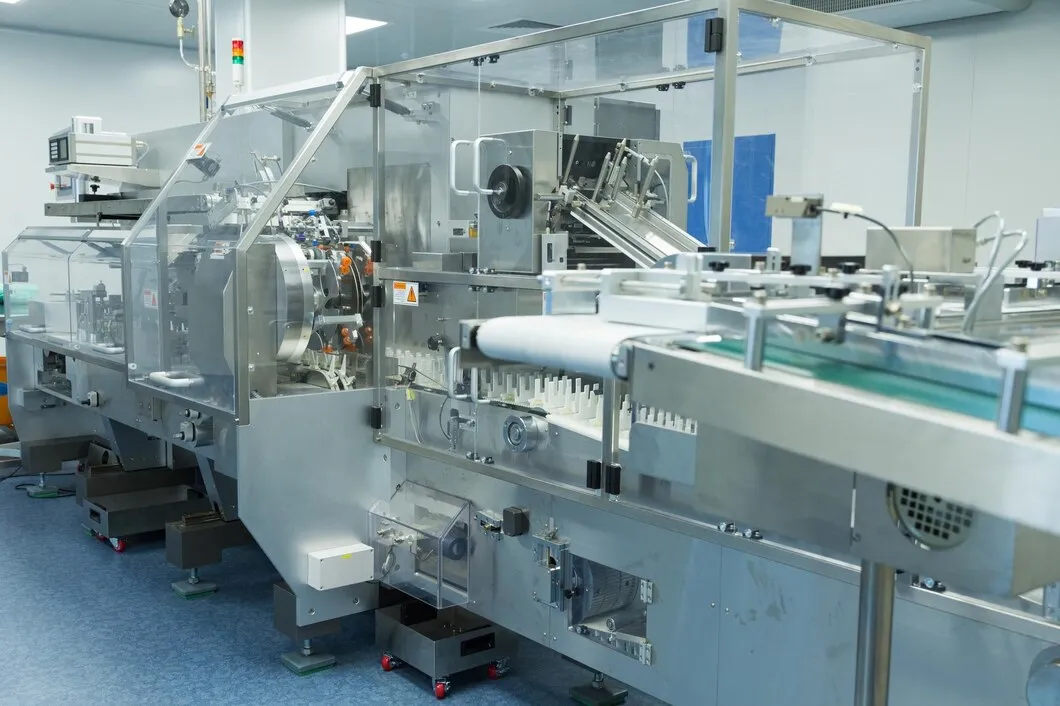The cost and time to bring a new drug to market keep rising. On average, it takes up to a decade and billions of dollars to develop a single treatment. To stay competitive, pharma companies are turning to artificial intelligence (AI) to work smarter, not slower.
In this article, we’ll examine how AI and pharma are collaborating to speed up research and development. We’ll cover real-world use cases, benefits, challenges, and what this means for Hersteller and partners in the supply chain.

Drug development has always been complex, but the gap between investment and output is widening. Pharma companies are facing lower returns on R&D, longer timelines, and increased pressure to deliver targeted therapies faster. According to Deloitte, average R&D returns in 2024 dropped to 1.2%, even as development costs exceeded $2.2 billion per drug.
AI offers a way to reverse that trend. It helps teams process data faster, reduce reliance on trial-and-error, and identify better drug candidates earlier in the pipeline. This is especially useful in early discovery and clinical trial design—two areas where delays are common and costly.
For companies navigating smaller margins and bigger risks, AI isn’t just a tool—it’s a way to rebuild efficiency and stay competitive in a rapidly evolving landscape.
AI is making tangible impacts across various stages of drug development:
Integrating AI into pharmaceutical R&D offers several advantages:
Despite its promise, AI adoption in pharma faces several hurdles:
The trajectory of AI in pharma is promising:
As AI accelerates drug discovery, manufacturers must be prepared for an influx of novel compounds requiring development. This necessitates adaptable production lines capable of handling diverse formulations and scalable operations to meet varying demands. Aligning with AI-savvy partners will be crucial to navigating this evolving landscape effectively.
The integration of AI in pharmaceutical R&D is changing how the industry discovers and develops new drugs. By speeding up early research, cutting costs, and improving trial success rates, AI and pharma are working together to solve long-standing bottlenecks.
But discovery is just the start. As more compounds move through the pipeline faster, manufacturers need systems that can keep up—flexible, scalable, and GMP-ready. That’s where Canaan comes in.
Canaan designs advanced pharmaceutical machinery that helps you scale with confidence—whether you’re producing capsules, tablets, or complex formulations. Ready your production line for the next wave of AI-driven innovation.Kontaktieren Sie uns to learn how we can support your next phase of growth.




Bevor ein Medikament einen Patienten erreicht, beginnt es im Labor. Dort werden Formeln getestet, Chargen geprüft und die Qualität bestätigt oder hinterfragt. Um diese Arbeit ordnungsgemäß durchführen zu können, benötigen Labore die richtige Ausrüstung – Werkzeuge, die nicht nur ihre Aufgabe erfüllen, sondern auch präzise arbeiten. Wenn Sie für die Durchführung oder […] verantwortlich sind,

Blisterverpackungen sind in der Pharmaindustrie allgegenwärtig – von Tabletten über Kapseln bis hin zu Probepackungen. Sie schützen das Produkt, verlängern die Haltbarkeit und verbessern die Patientensicherheit. Für Hersteller ist Blisterverpackung jedoch mehr als nur eine Verpackung – sie ist ein System, das auf Geschwindigkeit, Präzision und Konformität ausgelegt ist. Wenn Sie in der Pharmaproduktion oder im Verpackungseinkauf tätig sind, erfahren Sie hier alles Wissenswerte über Blisterverpackungen […]

Wenn Sie sich für die Darreichungsform eines Arzneimittels oder Nahrungsergänzungsmittels entscheiden, beeinflusst die gewählte Darreichungsform – flüssige Gele oder Tabletten – mehr als nur das Aussehen. Sie beeinflusst die Herstellung, die Aufnahmegeschwindigkeit, die benötigte Ausrüstung und das Endverbrauchererlebnis. Manche Wirkstoffe wirken besser in […]